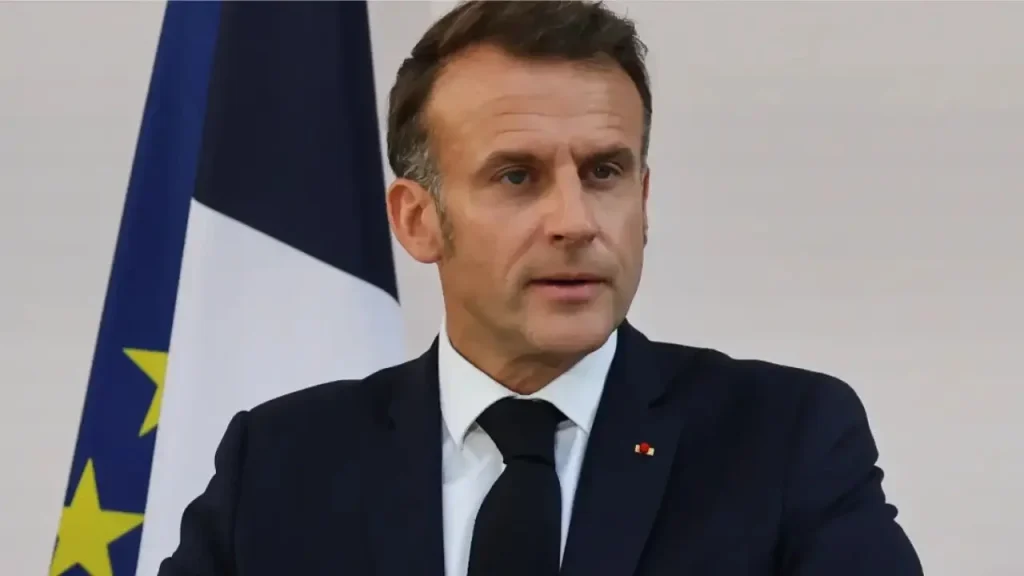On January 20, 2023, French President Emmanuel Macron announced a significant increase in France’s defense budget, proposing a rise to €400 billion for the period 2024-2030, up from €295 billion allocated for 2019-2025. Speaking at the Mont-de-Marsan Air Base in southwestern France during his traditional New Year’s address to the armed forces, Macron outlined the details of the proposed Military Programming Law (LPM), which aims to transform France’s military capabilities. This 35% budget increase, described as a response to growing global threats, comes amid heightened tensions sparked by Russia’s invasion of Ukraine and emerging challenges in regions like the Indo-Pacific.
Timing Amid Domestic Tensions
The announcement, made a day after widespread protests against pension reforms scheduled to align with the same 2024-2030 timeframe, has been noted as poorly timed by some observers. French trade unions mobilized record numbers of demonstrators to oppose plans to extend working years, highlighting domestic economic pressures. While the defense budget increase was not intended to provoke, the coincidence underscores the delicate balance Macron faces between national security priorities and domestic discontent.
Modernizing for a New Era of Warfare
Macron emphasized the need to adapt France’s military to a changing global landscape, citing the war in Ukraine as a wake-up call that exposed deficiencies in the nation’s defense capabilities. In June 2022, he declared that France had entered a “war economy,” a state he expects to persist. The proposed €400 billion budget, covering a total of €413 billion in military needs, aims to “transform” the armed forces after years of efforts to “repair” them. Key priorities include massive investments in drones, military intelligence, and cyber defense to counter evolving threats like cyberattacks and hybrid warfare.
Strengthening Global and Regional Presence
The budget also focuses on bolstering France’s military presence in its overseas territories, particularly in the Indo-Pacific, where new geopolitical challenges are emerging. Macron underscored France’s role as a “respected ally” in the Euro-Atlantic sphere and a credible partner globally, with its nuclear arsenal serving as a cornerstone of European strategic autonomy. A €5.6 billion allocation for 2023 alone will support the ongoing modernization of France’s nuclear deterrent, reinforcing its status as a nuclear power.
Legislative Path and Strategic Goals
The proposed LPM will be submitted to France’s parliament in the coming weeks, with debates expected in March 2023 and a vote by summer. Macron described the budget as containing “no luxuries, no pleasures, no comforts,” but only what is necessary to ensure France’s security and global standing. The legislation reflects years of consultation and aims to prepare the military for high-intensity conflicts, as demonstrated by lessons from Ukraine. Investments will also enhance France’s intelligence capabilities by 60% and support programs like the Rafale fighter jet transition and next-generation projects such as the Future Combat Air System (FCAS) and Main Ground Combat System (MGCS).
Balancing Security and Domestic Challenges
Macron’s announcement comes at a time of heightened geopolitical uncertainty, with Russia’s actions in Ukraine prompting European nations to reassess their defense strategies. The budget increase, which would double France’s defense spending from €32 billion in 2017 to €64 billion by 2027, signals a long-term commitment to military modernization. However, with domestic protests highlighting economic concerns, the government must navigate public sentiment while advancing its ambitious security agenda.






